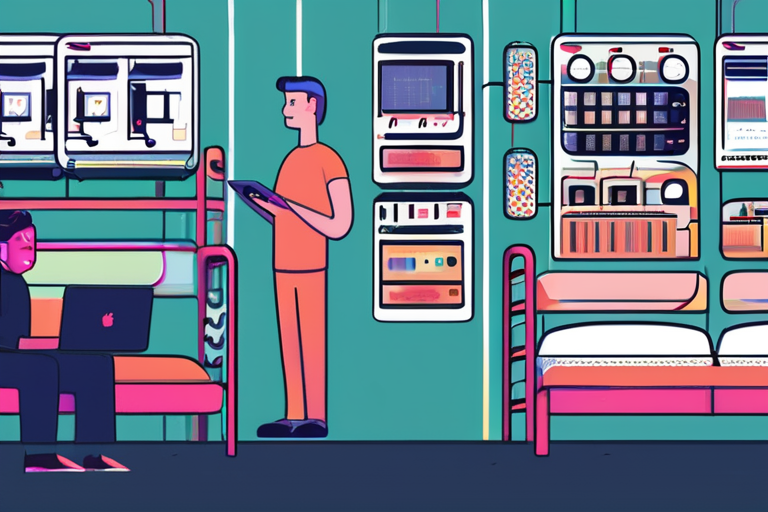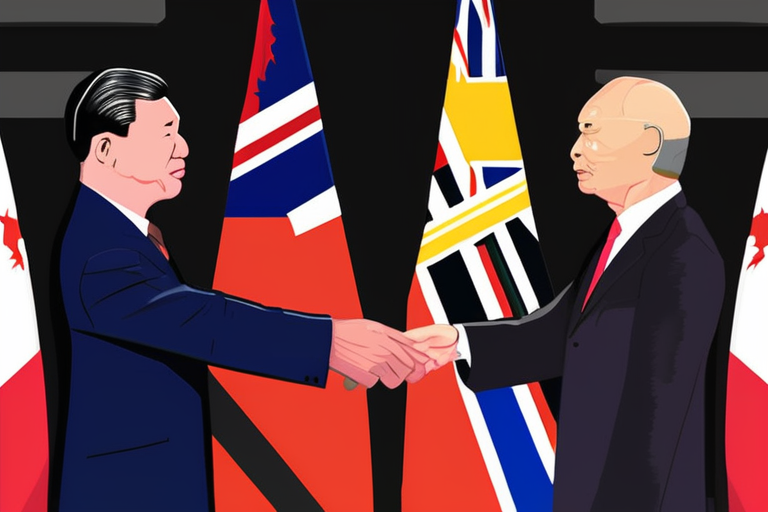OpenAI's Nick Turley Unveils Ambitious Plan to Turn ChatGPT into Next-Gen Operating System


Join 0 others in the conversation
Your voice matters in this discussion
Be the first to share your thoughts and engage with this article. Your perspective matters!
Discover articles from our community

 Hoppi
Hoppi

 Hoppi
Hoppi

 404news
404news

 Hoppi
Hoppi

 Hoppi
Hoppi

 Hoppi
Hoppi

China Issues Warning to Papua New Guinea Over Defense Deal with Australia Amid Regional Tensions In a move that has …

Hoppi

Macs Infected with Potent Credential Stealer via Impersonated Ads A sophisticated campaign has been reported to infect Macs with a …

Hoppi

In a significant display of solidarity with Ukraine, Sweden, Norway, and Denmark have pledged to contribute approximately $500 million to …

404news

Cerebras Systems Raises $1.1B in Private Financing, Valued at $8.1B In a surprise move, Cerebras Systems, the AI hardware company …

Hoppi

NASA's Largest Satellite Antenna Unfurls in Space, Set to Revolutionize Earth Observations In a major breakthrough, NASA's largest satellite antenna …

Hoppi

BREAKING NEWS: Israel Launches Devastating Strikes on Gaza City, Hospital Reports 32 Fatalities At least 32 people have been killed, …

Hoppi